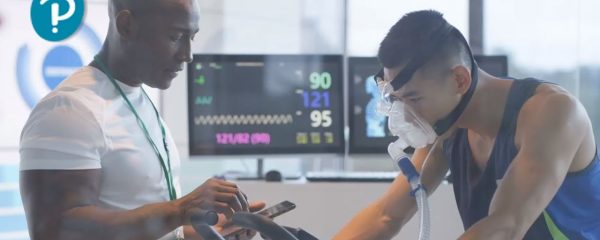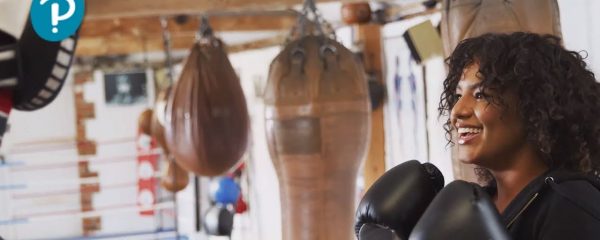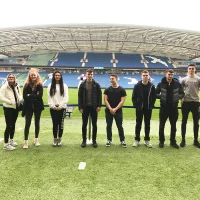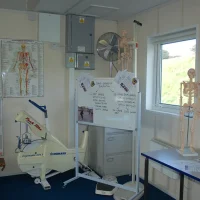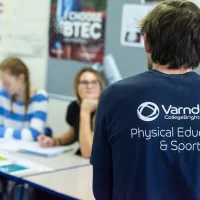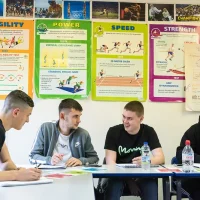
Sport & Exercise Science
The programme encompasses areas of study from physiology, psychology and social issues, to sports coaching, leadership, health & fitness, as well as practical performance analysis and development. Sessions are a mixture of academic theory with applied vocational practice, aimed to develop your knowledge and performance skills as a great pathway to study at university or step into a career in the sports industry.
TOPICS COVERED
• Sport and Exercise Physiology (Examined Unit)
• Functional Anatomy (Examined Unit)
• Sport and Exercise Psychology (Examined Unit)
• Field and Laboratory-based Fitness Testing
• Coaching for Performance and Fitness
• Biomechanics in Sport and Exercise Science
• Specialised Fitness Training
• Applied Research Methods
• Research Project
I knew that Sport and Exercise Science was an area that after GCSE I wanted to stay in and after meeting the teachers in the sport department, their enthusiasm made me even more certain I wanted to study the course. Over the past two years, Sport has also been extremely enjoyable for me. Neil and Lloyd, who have taught me for the entire course, are two of the most enthusiastic teachers I have ever had. The entire atmosphere around the sports department is one that is engaging and positive, with a hands on approach to learning about all the different areas of sports psychology and coaching, as well as biomechanics.
Henry Swain (2019-21) ex Peacehaven Community School
Course Essentials
Courses Available
BTEC Level 3 Diploma (equivalent to 2 A Levels)
How The Course is Assessed
Exams, coursework assignments and practical assessments.
Career Pathways
If you are passionate about sport, physical activity, health or fitness, this is the subject for you. The course can be used as access to a university sports related degree (Sports & Exercise Science, Coaching, Sports Development, PE teaching), or it can provide a route into employment in the sports and fitness sector.
Transferable Skills
Students will develop academic skills; research, evaluation, analysis & discussion in social and physical sciences, and practical skills; leadership, teamwork, organisation & problem solving as well as enhancing fitness and health. The economic impact of sport places it within the top 15 sectors in England, and its wider economic benefit make it a key part of society today. With over 440,000 jobs in England and a growing focus on health and participation in physical activity, in addition to the teamwork and leadership skills, it will support your success in other careers.
Other Information
Students may also undertake additional vocational qualifications to support their Level 3 programme and diversify their CV. These include:
- Gym Instructing
- Sports Leadership
- Coaching Badges
- Duke of Edinburgh
Whether you are motivated by developing your sports performance or just interested in getting back into sport, these courses have something for you.
Enquiries To
Jude Macdonald: jum@varndean.ac.uk

